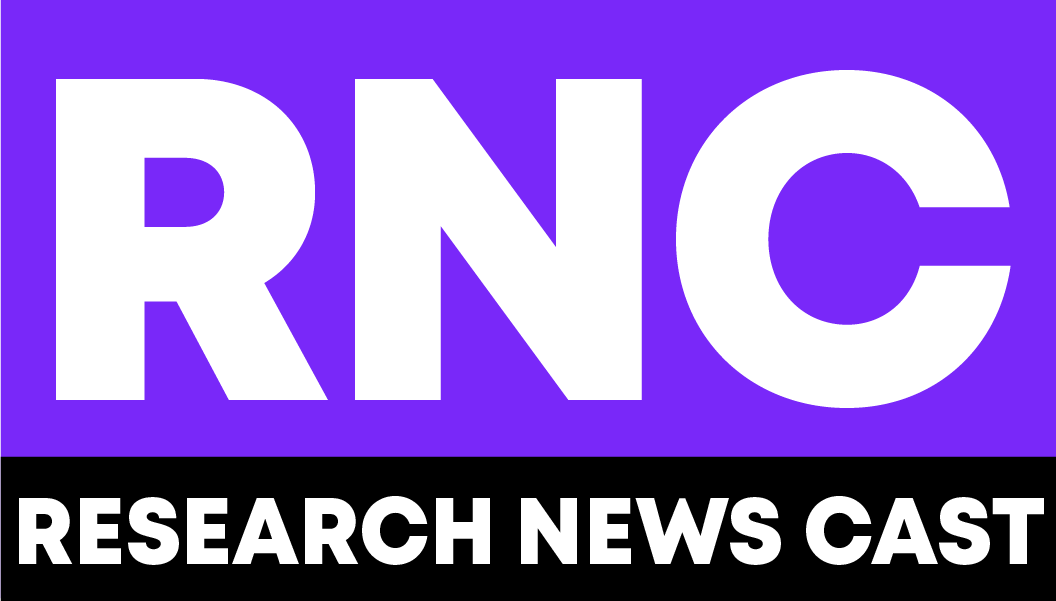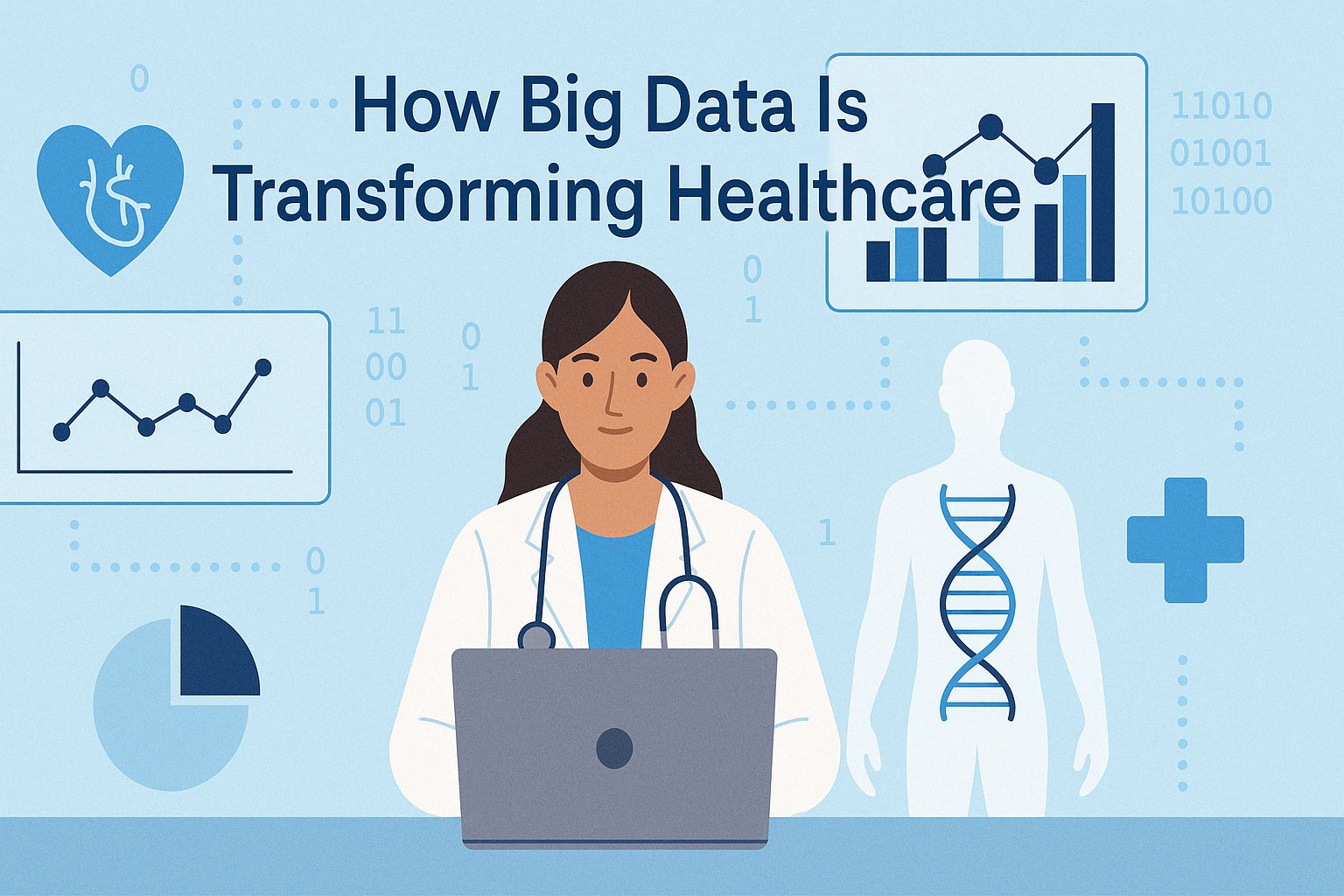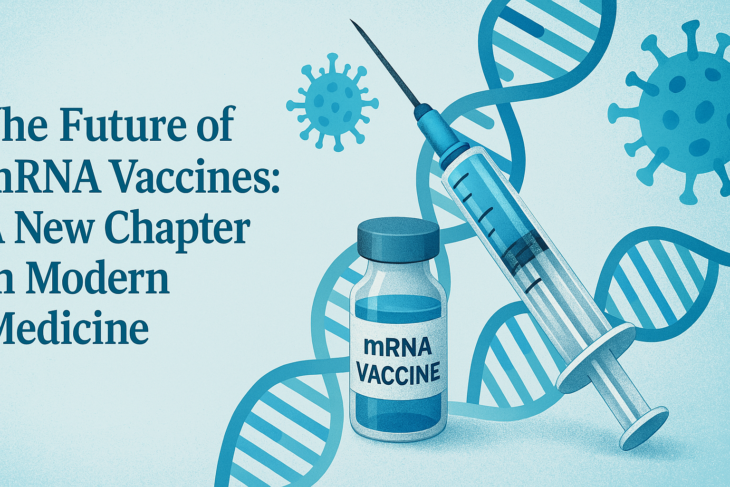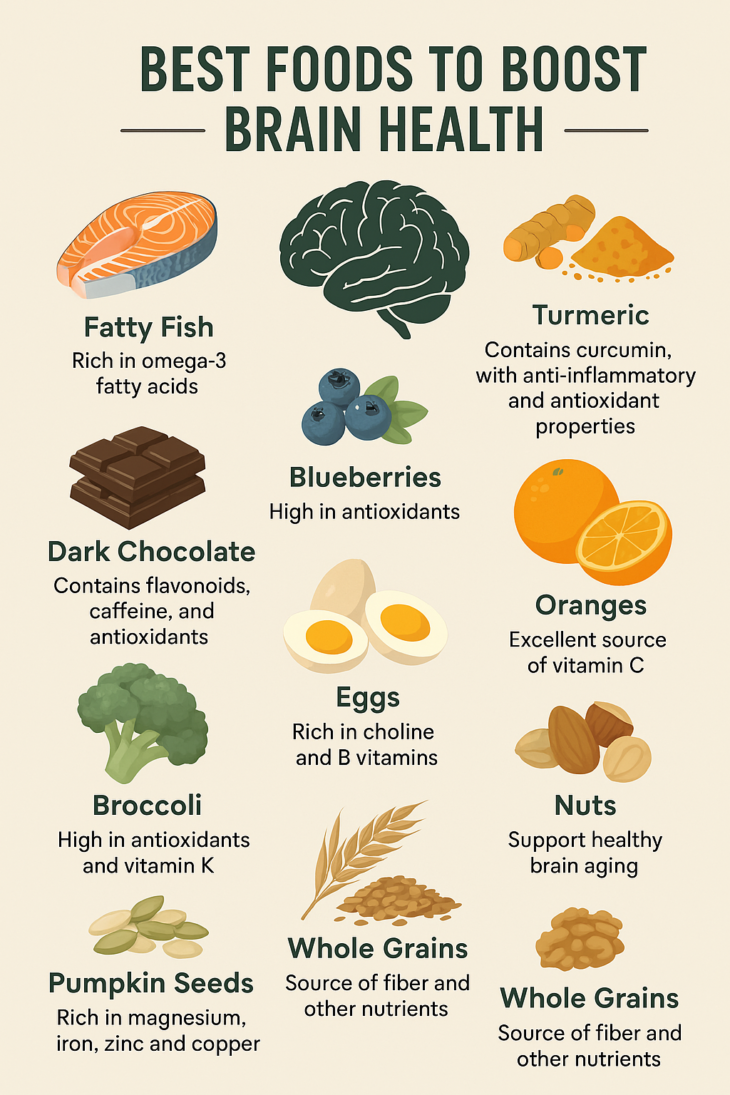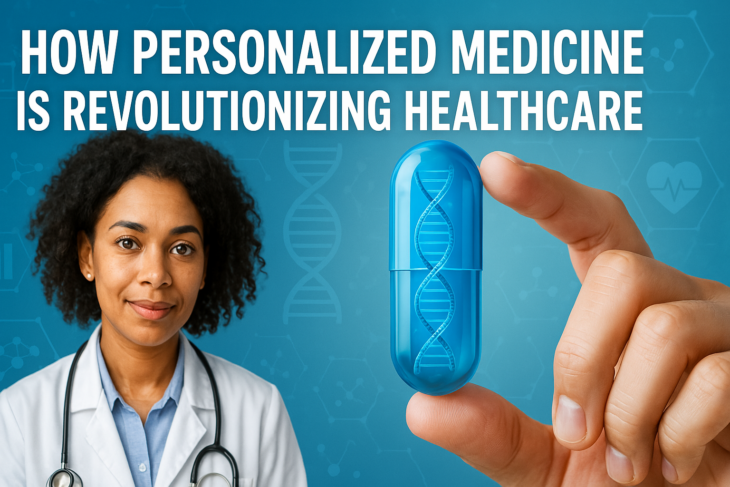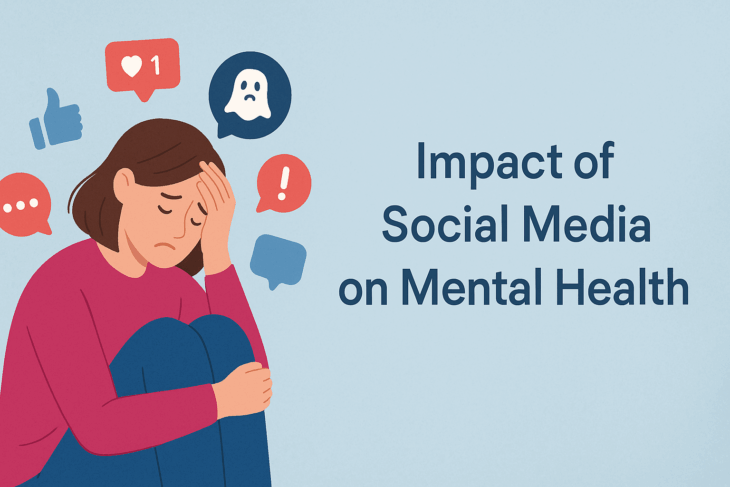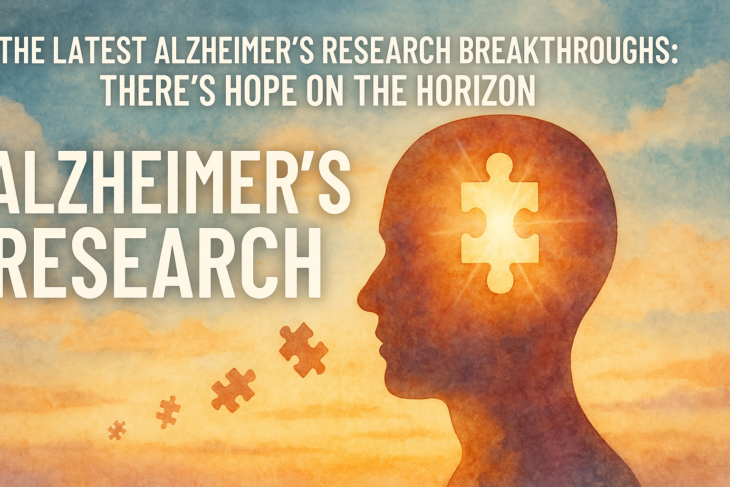Imagine if your doctor knows you’re at risk for a condition before you feel a single symptom. Where treatments are tailored just for you, and hospital visits are shorter, safer, and more efficient. Thanks to big data, this vision is becoming reality.
The Power of Big Data in Healthcare
Big data refers to the massive amounts of health information generated every day. From electronic health records (EHRs) and wearable devices to lab results and even social factors. When analyzed properly, this data can reveal patterns and trends that help doctors make better decisions.
For instance, hospitals now use predictive analytics to identify patients at high risk of readmission. By adjusting care plans and providing targeted follow-ups, they can prevent complications and reduce costs. Corewell Health saved $5 million by doing just that.
AI in Medicine: Smarter, Faster, More Accurate
Artificial intelligence (AI) is revolutionizing diagnostics. AI-powered tools can analyze medical images like X-rays and MRIs to detect diseases such as cancer or fractures with remarkable accuracy. These tools often spot subtle signs that human eyes might miss, leading to earlier diagnoses and better outcomes.
Beyond imaging, AI helps in drug discovery by simulating how new compounds interact with the body. This accelerates the development of effective treatments and reduces costs.
Personalized Medicine: Tailoring Care to You
One of the most exciting developments is personalized medicine. By analyzing your genetic makeup, lifestyle, and health history, AI can help doctors create treatment plans specifically for you. This approach increases effectiveness and minimizes side effects.
For example, in prostate cancer treatment, researchers at Queen’s University Belfast are using AI to analyze various patient data to predict disease progression and response to therapy. This ensures patients receive the most effective treatments with fewer side effects.
Predictive Analytics: Preventing Illness Before It Starts
Predictive analytics uses AI to forecast health issues before they occur. By examining patterns in patient data, healthcare providers can identify individuals at risk for conditions like diabetes or heart disease and intervene early.
In some cases, AI has been able to predict the onset of diseases like type 2 diabetes up to 15 years in advance, allowing for preventive measures that can significantly improve patient outcomes.
Enhancing Hospital Operations
Big data isn’t just about patient care; it’s also transforming hospital operations. Predictive analytics helps hospitals manage resources by forecasting patient admissions, optimizing staff schedules, and ensuring critical equipment is maintained proactively.
This leads to more efficient operations, reduced wait times, and better patient experiences.
Remote Monitoring and Telemedicine
With the rise of wearable devices and telemedicine, patients can now be monitored in real-time from the comfort of their homes. AI analyzes data from these devices to detect anomalies and alert healthcare providers promptly.
This approach is especially beneficial for managing chronic conditions, reducing hospital visits, and providing timely interventions.
Addressing Challenges: Privacy and Ethics
While the benefits are significant, the use of big data and AI in healthcare raises concerns about data privacy and ethical considerations. Ensuring patient data is secure and used responsibly is paramount. Healthcare organizations must implement robust data governance and comply with regulations like HIPAA to maintain trust and protect patient rights.
The Future Is Now
The integration of big data and AI into healthcare is not a distant dream. It’s happening now. From personalized treatments to efficient hospital operations, these technologies are reshaping the healthcare landscape.
As we continue to embrace these innovations, the focus remains on improving patient outcomes, enhancing efficiency, and ensuring ethical practices. The future of healthcare is data-driven, personalized, and more accessible than ever before.
